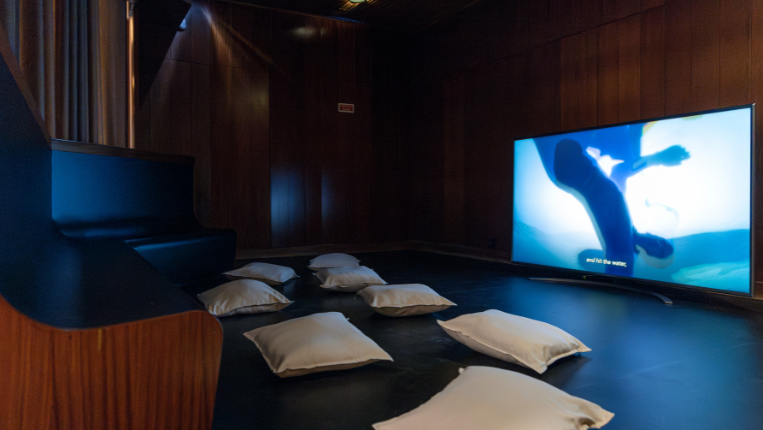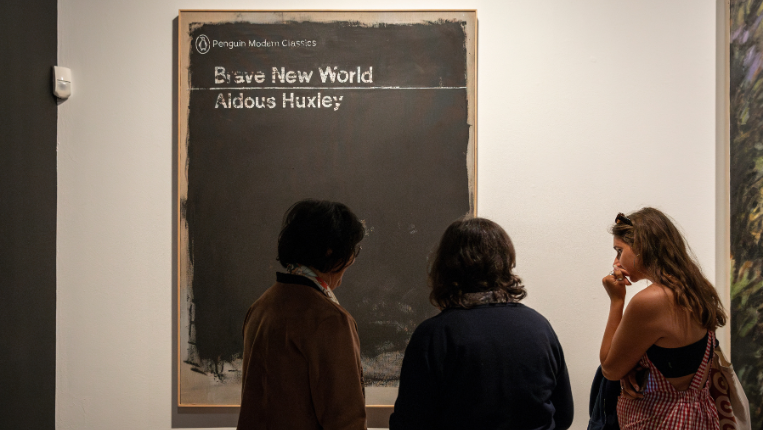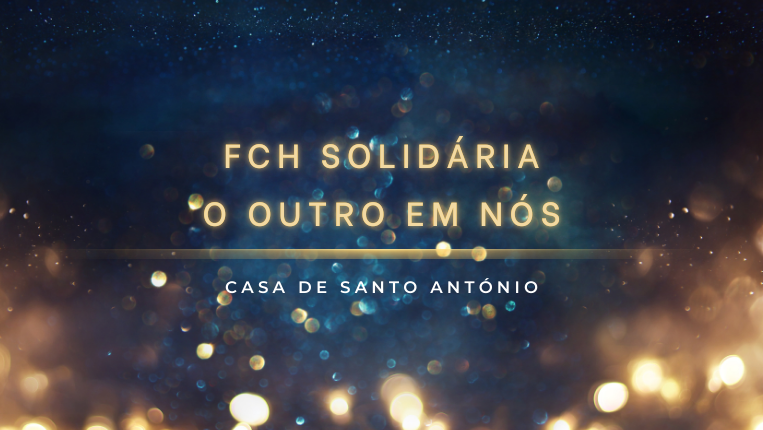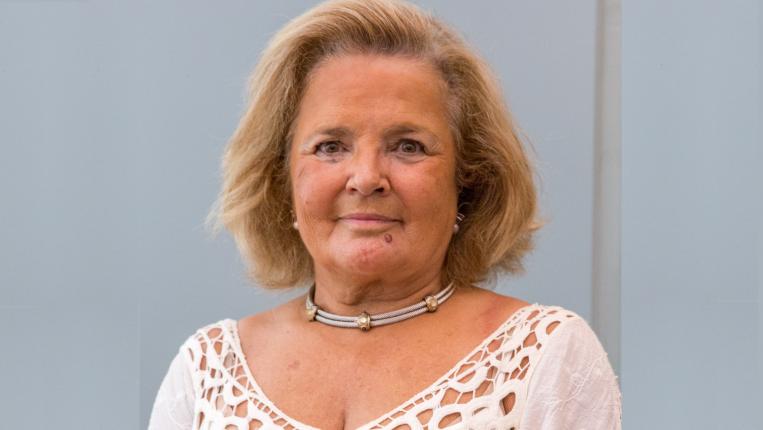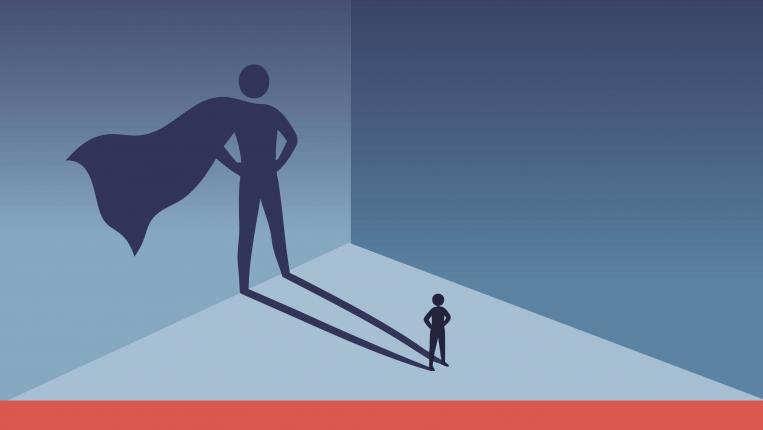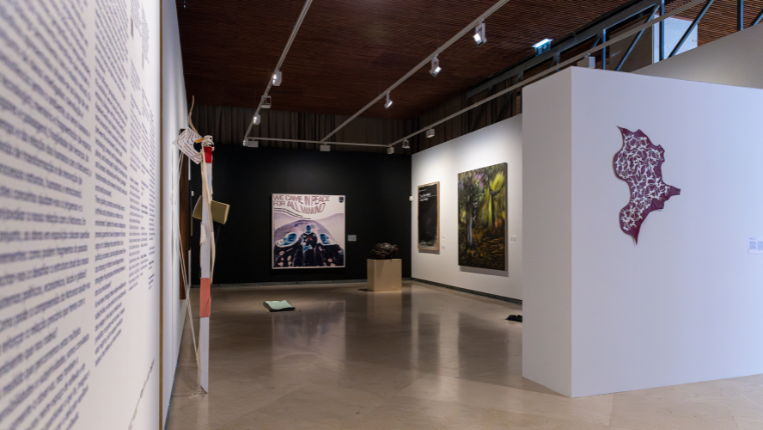
The opening of the exhibition I Ate Civilization and it Poisoned Me, curated by the students of the Curatorial Practices seminar from the Master's in Culture Studies, took place on May 19 at the Amélia de Mello Foundation Gallery.
This exhibition brings together 13 works by 13 artists from the CAM - Centro de Arte Moderna Gulbenkian Collection, to offer a reflection on humanity’s relationship with its habitat throughout different spaces and times.
‘There is a long tradition in culture and philosophy of looking critically at how civilization transforms nature, distorts it, how it is an act of appropriation, colonization, toxicity and destruction,’ began Isabel Capeloa Gil, President of UCP, but ‘there is hope’. ‘We have to believe that we can work with nature to make things different. And art is certainly one way to do this, as it allows us to think critically about the major problems that shape our present, but also to think beyond them in an inspirational and aspirational way, to think about utopia and the future. Despite civilization poisoning us, there is hope in art,’ he reflected.
Guilherme d'Oliveira Martins, Executive Director of the Calouste Gulbenkian Foundation, expressed his ‘satisfaction and pride in this common experience’, which brings together students and artists. ‘The Lisbon Consortium is a very positive project for mobilisation and openness, for understanding plurality,’ he stressed.
I Ate Civilization and it Poisoned Me is organized under the collaboration protocol between CAM - Gulbenkian Centre for Modern Art and the international academic program The Lisbon Consortium of the FCH-UCP.
The exhibition will be on display at the Amélia de Mello Foundation Gallery until July 11 and can be visited from Monday to Friday, between 2pm and 5pm. Admission is free.
